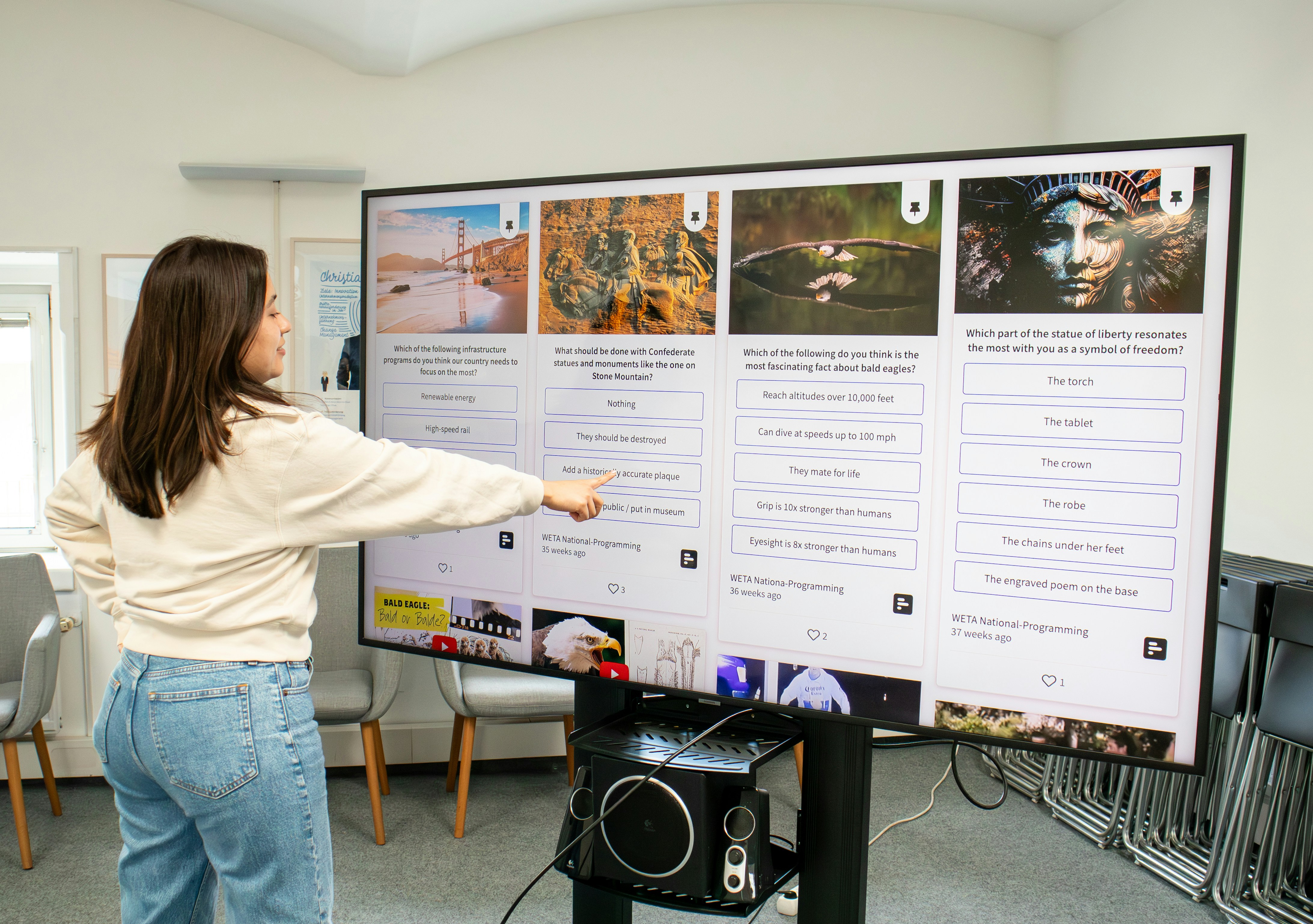The latest debates on what the future of UK’s science and research will look like after the post-Brexit period has shown us that the EU’s prestigious Horizon 2020 research and innovation programme (worth €80 billion) is playing an important role in fostering research excellence of the EU member states. While considering the possible UK-EU scenarios, let’s take a closer look at the status of a non-EU country in Horizon 2020.
In July, the SERI (the Swiss State Secretariat for Education, Research and Innovation) announced the Swiss Federal Council’s clear intention to obtain full association of Switzerland to Horizon 2020 from 1 January 2017 onwards. As you may know, Switzerland is considered as partially associated in Horizon 2020 until the end of December 2016. The condition for Switzerland to become a fully Associated Country to Horizon 2020 from January 2017 onwards1 is to ratify the protocol extending free movement of people to Croatia that has been on hold for two years. The final decision is expected to be known at the end of December 2016.
The current status of Switzerland in Horizon 2020
You may recall that the Swiss voters backed the curbs on immigration in a February 2014 referendum and Swiss authorities declined to sign a protocol on extending the rule of free movement of persons to Croatia. As a result, the EU rejected Switzerland’s extension of participation in Horizon 2020 as a fully associated country2.
However, a new agreement was signed on 5 December 2014, introducing a provisional solution by granting Switzerland a partially associated status with retroactive effect, from 15 September 2014 until the end of 2016. Under this agreement, researchers in Switzerland can participate and receive EU funding under the Excellent Science pillar (Pillar I) of Horizon 2020 (including ERC grants, Marie Skłodowska-Curie Actions, Future and Emerging Technologies and Research Infrastructures), as well as in the programme section on Spreading Excellence and Widening Participation, and in Euratom. For all other Horizon 2020 calls under the Industrial Leadership (Pillar II) and Societal Challenges (Pillar III) pillars, Switzerland is considered as an industrialised third country. In this case, Swiss participants in successful proposals do not receive EU funding, but can receive national funding from SERI on a project-by-project basis, provided they are eligible and comply with the conditions defined by SERI and following a pre-screening by Euresearch.

Switzerland’s participation in Horizon 20203 (2014 – 2016)
The future of Switzerland in Horizon 2020
As for Switzerland’s future in Horizon 2020 after the expiration of the current agreement, if Switzerland ratifies the Protocol extending the free movement of persons agreement to Croatia before 9 February 2017, the EU-Switzerland Agreement associating Switzerland to parts of Horizon 2020 will be expanded to cover the whole of Horizon 2020, Euratom programme and activities carried out by Fusion for Energy from 1 January 20174. The ratification process is already under way as the Federal Council stated its clear intention to obtain full association to Horizon 2020 for Switzerland, which would allow the Swiss researchers to claim EU funding under all H2020 pillars.
If Switzerland does not ratify the Croatia protocol by February 2017, the provisional agreement will be terminated with a retroactive effect as of 31 December 2016, and Switzerland will be automatically considered as a third country participant.
According to Michael Hengartner, President of swissuniversities, a positive decision would have a tremendous positive impact for Swiss researchers and enterprises. Swiss organisations were facing difficulties after the EU’s rejection as they were excluded to participate in certain instruments, such as the SME Instrument or the Fast Track to Innovation scheme. Uncertainties have led to limited participation in projects, drops in the coordination of projects by Switzerland, exclusion from expert groups and “big loss of influence in the definition of future scientific policy5”.
Swiss participants are advised to consider the following recommendations when submitting 2016/2017 project proposals.
First of all, proposals should be submitted as if the association agreement will continue to apply beyond 31 December 2016 and Switzerland will become fully associated to Horizon 2020 as of 2017. Meaning, Swiss research organisations are invited to submit project proposals for all calls for 2016/2017 (including PPPs under Art. 187 TFEU) as participants from an Associated Country. Contrary to the current practice, Swiss participants shall request the respective EU funding at the submission of proposal, by providing their full attributable research budget “Budget for the proposal” and “requested EU funding”, in order to receive a grant from the EU budget.
Research and Innovation Actions (RIA) and Coordination and Support Actions (CSA)

Innovation Actions (IA)

Moreover, in Horizon 2020 collaborative projects, a consortium must consist of at least three independent legal entities from at least three EU Member States or Associated Countries. To be on the safe side, it is advisable to involve at least three organisations, in addition to the Swiss partner, to ensure the project’s eligibility, in case Switzerland will not gain status of associated country as of 2017.
With regards to the SME instrument, researchers from Switzerland are advised to submit proposals to the 2017 cut off dates as soon as Switzerland is fully associated to Horizon 2020.
Swiss partners will still be able to coordinate projects whatever the status of Switzerland will be as of 2017.
In the event that Switzerland will not be fully associated, it will gain the status of industrialised third country. Based on this:
- For Pillar I, Swiss project partners will receive EU funding if the grant agreement is signed before 31 December 2016. For other eventualities, e.g. when a project has been positively evaluated but the grant agreement cannot be signed before the 31 December 2016, the Swiss federal government will strive to find a solution.
- For Pillars II, III and all sections currently not associated, Swiss partners can continue to participate in collaborative projects, but they will not receive EU funding. In this case, the federal government will take the necessary measures to cover the expenses of the Swiss project partner, as is currently the case.
The official recommendation of the State Secretariat for Education, Research and Innovation (SERI) can be found here: http://bit.ly/2bT2ZqV
4. https://www.sbfi.admin.ch/sbfi/en/home/news/medienmitteilungen/test-bit.msg-id-55555.html
5. “Horizon 2020: Not without Switzerland?”, interview with Michael Hengartner (7 June 2016). http://www.internationalinnovation.com/horizon-2020-not-without-switzerland/



